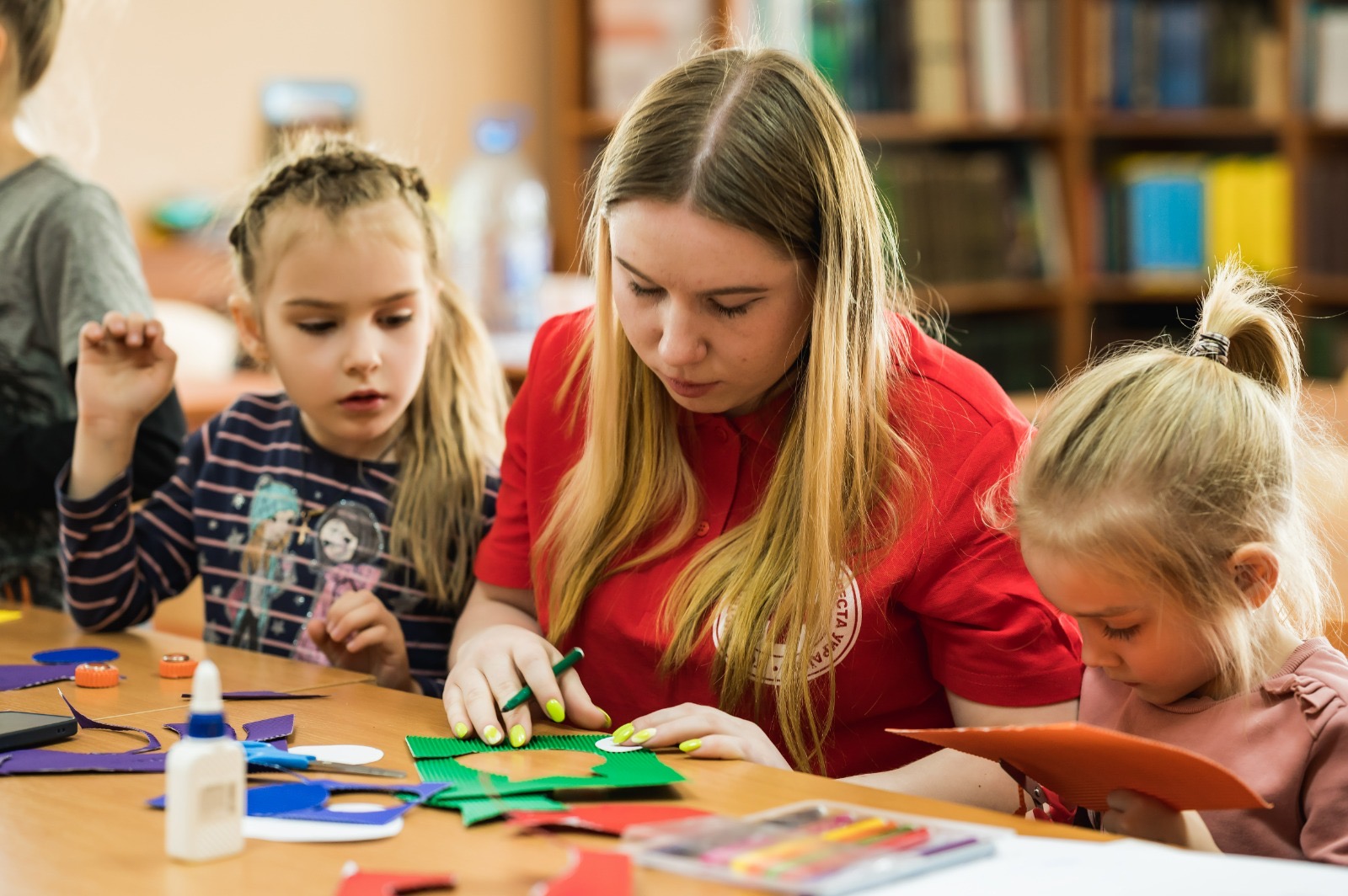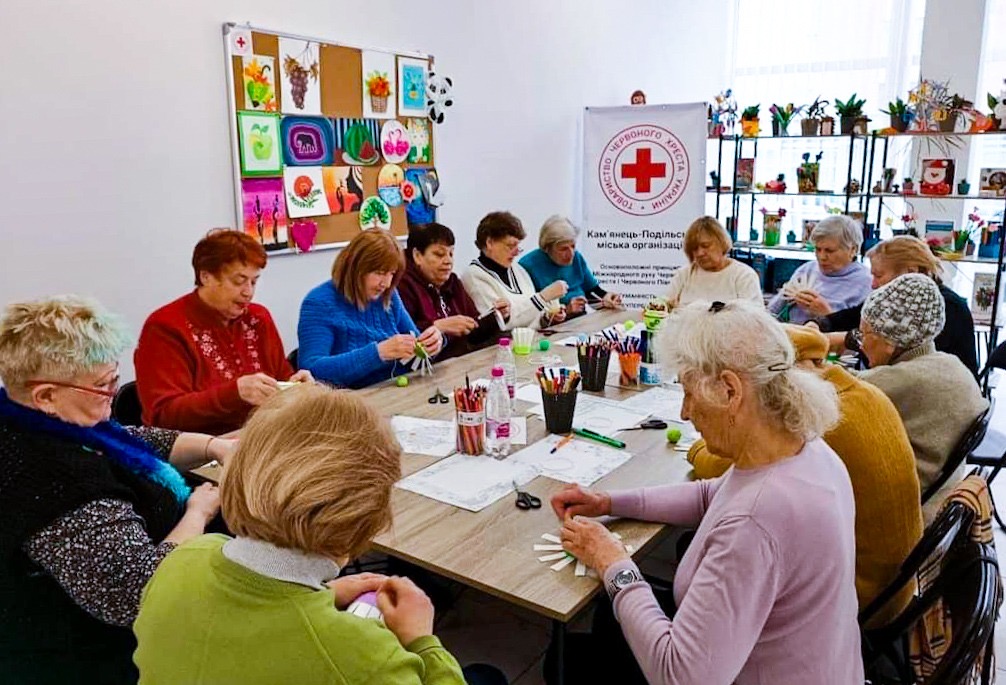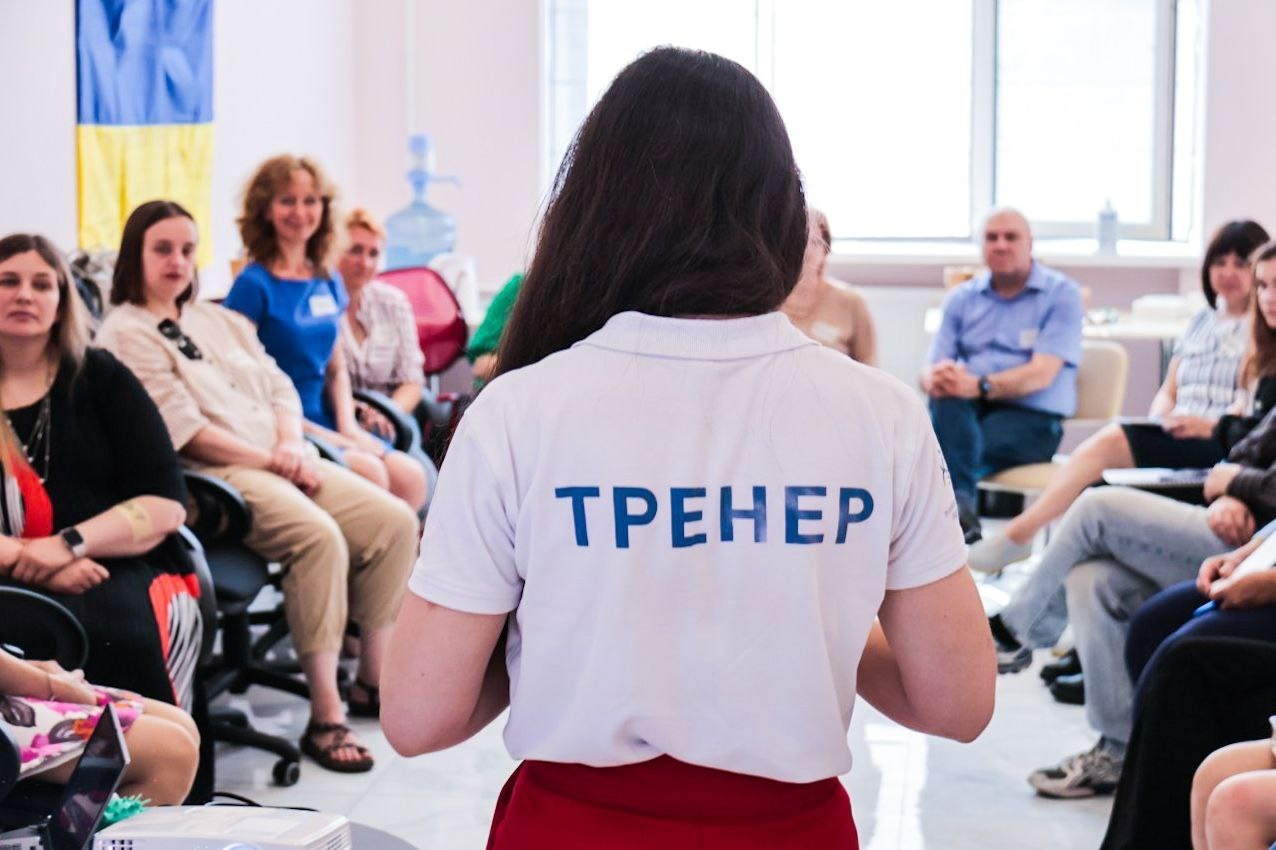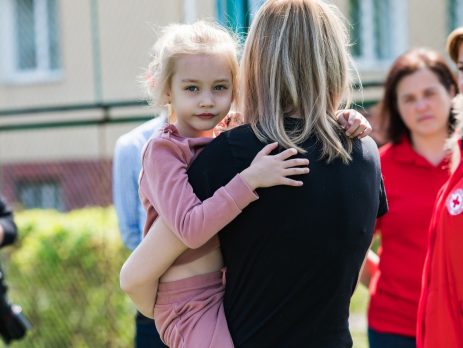How has the war affected the mental health of the Ukrainian population? And to whom will the Ukrainian Red Cross extend its support?
“According to the Ministry of Health of Ukraine, over 15 million people in Ukraine will require various types of mental health and psychosocial support (MHPSS) services. The pressing question is: How can we ensure access to these services and effectively address the mental health needs of such a significant number of individuals?” shared Anna Didenko, Head of the Rehabilitation and Support Department at the Ukrainian Red Cross.
Many are familiar with the phrase: “There is no health without mental health.” But what exactly does this mean? How can we effectively bolster mental health when the needs are growing so rapidly, with the number of individuals requiring support having increased dramatically over the past two years?
In autumn 2023, the Ukrainian Red Cross, in collaboration with the Danish Red Cross, conducted a Mental Health and Psychosocial Support (MHPSS) needs assessment in various regions of Ukraine. The assessment revealed that diverse categories of people require assistance, with the primary challenges being the extensive scale of needs and uncertainty. Together with our partners, we are striving to respond to these needs promptly and effectively.
We encounter numerous individuals with diverse needs. Children, for instance, face socialisation problems, which can lead them to avoid participating in activities, refuse to talk to their peers, distance themselves from their parents, etc. Similarly, adults show signs of anxiety and depression, feel uncertain about the future. Those who have been forced to leave their homes have difficulty adapting to a new place and cannot decide whether to stay or return, and often have nowhere to go because their homes have been destroyed. At the same time, elderly people experience loneliness and lack of support from their loved ones. Parents often have problems communicating with their children, while veterans and their families require assistance in adjusting to civilian life. It is worth noting that, according to the Ministry of Veterans of Ukraine, the veteran community in Ukraine will be one of the largest in the world, comprising over 4.5 million veterans and their families. Consequently, prioritising support for this demographic is imperative.
Considering the ongoing war in the country and the existing high needs, the Ukrainian Red Cross finds itself simultaneously engaged in response efforts in some regions while also endeavouring to establish a sustainable service delivery system and promote recovery in others. Nevertheless, even amidst long-term planning and recovery initiatives, it is imperative to maintain preparedness for emergencies. The unpredictability of the situation means that we must be ready to respond promptly to unforeseen events, such as the possibility of further rocket attacks targeting Ukrainian citizens and infrastructure.
MHPSS needs are dynamic and may vary and change among different groups. Individuals who do not currently require support may find themselves in need in the coming weeks or months. Moreover, coping mechanisms that were effective in the past may no longer work. Therefore, it is essential for support to be tailored to the current needs of Ukrainians, and for us to remain adaptable and responsive. We must be prepared to swiftly adjust our support strategies to address evolving needs as they arise.




